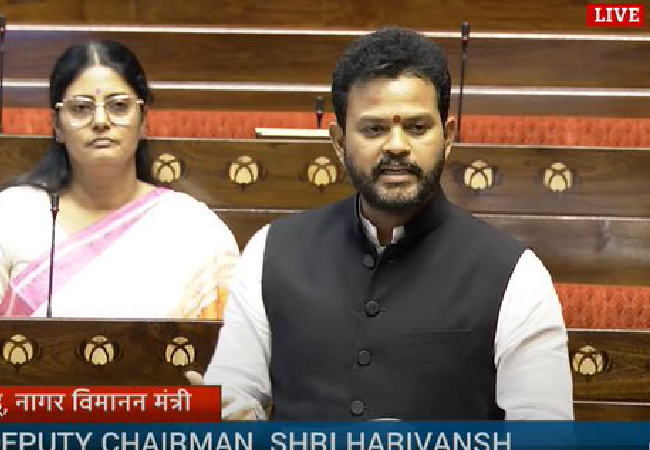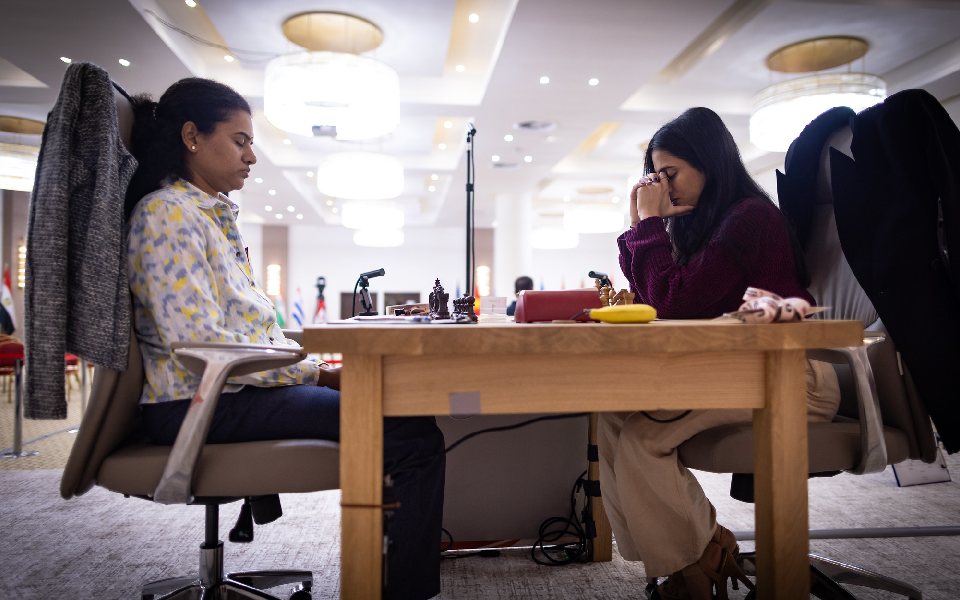New Delhi (PTI): Rajya Sabha on Tuesday passed The Protection of Interests in Aircraft Objects Bill, 2025 that seeks to give legal effect to certain international agreements in their application to India.
Replying to the discussion on the bill, Minister of Civil Aviation Kinjarapu Rammohan Naidu said the legislation will create a lot of security for both the lessors and the lessees and the overall aviation market also because there has been a lot of confusion in this area. It has been a grey area for sometime.
"With the bringing of this bill, definitely it is going to create a lot more clarity. We hope this is going to give a lot of push for the leasing industry, which is the need of the hour. There is an immediate need for this bill to be there in the industry," he said.
The bill seeks to give legal effect to certain international agreements in their application to India, which includes Convention on International Interests in Mobile Equipment (also known as Capetown Convention of 2001) and Protocol to the Convention on International Interests in Mobile Equipment on Matters specific to Aircraft Equipment. India had acceded to these in 2008.
The Bill states that before exercising any remedy, the creditor must notify the Directorate General of Civil Aviation (DGCA) about the occurrence of a default.
In cases of a default, it gives creditors certain remedies, including the right to take back possession of the asset within two months or a mutually agreed upon period, whichever is earlier.
"This is a very important Bill which the industry needs today. It is going to change the aviation landscape of the country," the aviation minister said.
The Bill was introduced in the upper house on February 10 this year.
"The whole reason we are bringing this Act is to give force of law to the Capetown convention and protocol. If you see the majority, other than giving the force of law, it contains the Capetown convention, it contains the aircraft protocol and the declaration which we are signing, abiding ourselves to both the convention and protocol as a signatory to the International Civil Aviation Organisation," the minister said.
The convention and the protocol aim to bring uniformity in securing rights for high-value assets such as aircraft, helicopters and engines.
Let the Truth be known. If you read VB and like VB, please be a VB Supporter and Help us deliver the Truth to one and all.
New Delhi: The National Council for Education Research and Training (NCERT) is reportedly developing two special modules on Operation Sindoor, aimed at familiarising students with India's military capabilities.
“While the first special module on Operation Sindoor will be for students of Classes 3 to 8 and second will be available for Classes 9 to 12. The aim of these modules is to make students aware about India's military power and how Pakistan was defeated once again,” Hindustan Times quotes its source as saying.
Each module will span approximately 8 to 10 pages and will focus on the achievements of the Indian Armed Forces.
These modules are expected to be introduced in the upcoming academic session and will supplement the existing syllabus.
In addition to Operation Sindoor, NCERT is also preparing modules on a range of national achievements and historical events. Upcoming topics include Mission LiFE ('LiFEStyle For Environment'), the horrors of Partition, and India's growing stature in space exploration—from the Chandrayaan and Aditya L1 missions to Subhanshu Shukla’s journey to the International Space Station, HT quoted a source from the education ministry as saying.
Meanwhile, the Central Board of Secondary Education (CBSE) has written to states, directing them to mandatorily adopt NCERT textbooks for Classes 9 to 12. The board has also “strongly advised” that states use either NCERT or State Council of Educational Research and Training (SCERT) books. Supplementary materials may be used by schools, provided they align with the National Curriculum Framework




_vb_98.jpeg)
